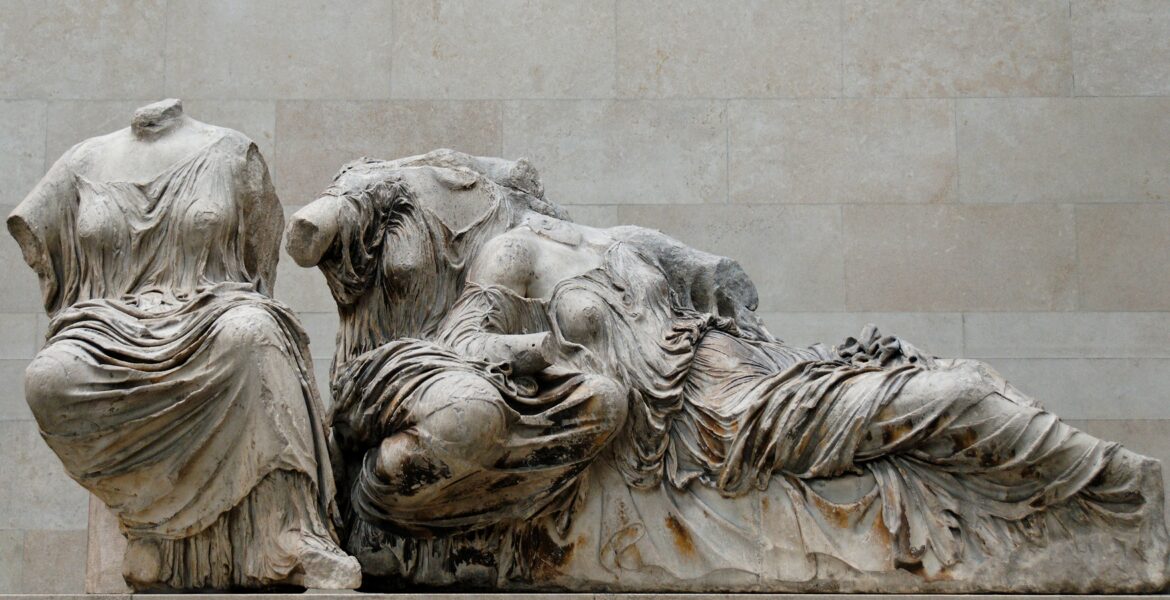The chairman of the British Museum trustees, George Osborne, has proposed a mutually beneficial solution to the long-standing controversy surrounding the Parthenon Sculptures (Elgin Marbles).
In an effort to address Greece's demands for the return of the artefacts, Osborne suggests a temporary arrangement where the Parthenon Scultpures could be returned to Greece, while the UK receives ancient artefacts that have never been displayed in the country before.
The Parthenon Sculptures which once adorned the Parthenon in Athens, have been the subject of dispute between Greece and the UK for decades. Greece claims that the marbles were illegally acquired during a period of foreign occupation, while British officials have consistently rejected demands for return.
Osborne's proposal comes amidst renewed attention on the safety of the sculptures in the British Museum, following the theft of numerous objects. In response to criticism from the Greek culture minister, Osborne expressed a willingness to explore an arrangement where the Parthenon sculptures spend time in Greece. He believes that such a move could create a partnership between the two countries, with objects from Greece being exhibited in the UK and objects from the Parthenon collection travelling to Greece.
Recognizing the contentious nature of the issue, Osborne stated that the presence of the marbles in the UK has been a source of controversy for the past 200 years. He acknowledged the lack of engagement with Greek museums and expressed a desire to rectify the situation by creating a proper partnership that would facilitate the exchange of objects.
Nevertheless, Osborne also acknowledged the complexity of the matter, noting that if a solution were easy to find, it would have been resolved long ago. He emphasized that the issue of the Parthenon Sculptures has been a challenge for British governments of all political affiliations throughout history.


